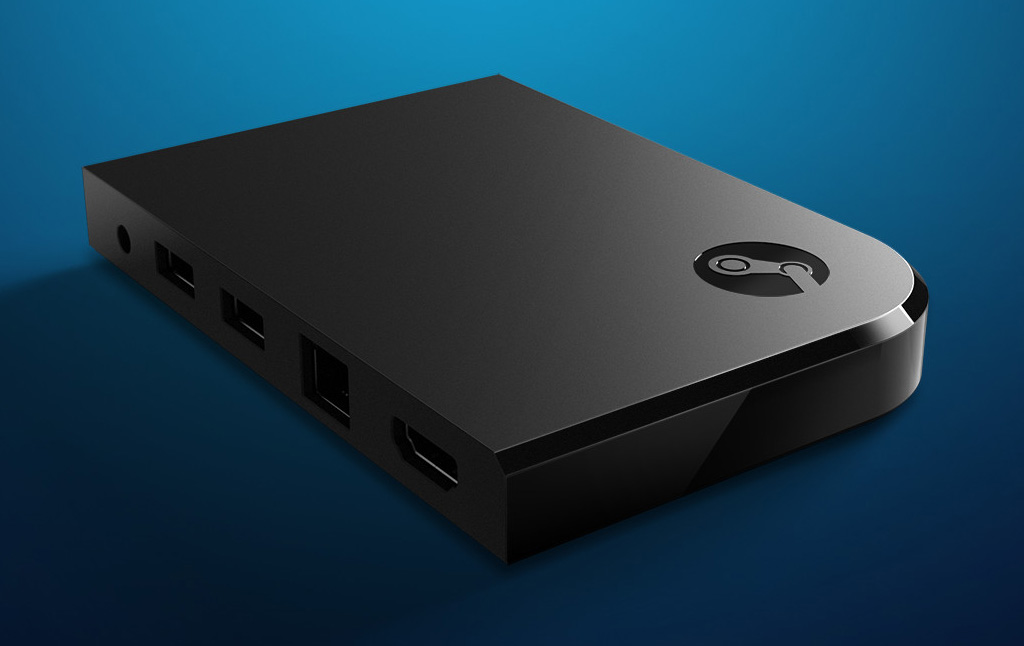Steam Game Streaming Goes Mobile With Valve's 'Game Streaming Everywhere'
Valve is facing more competition than ever in the PC gaming market as companies like Twitch, Discord, and Epic Games introduce their own stores to compete with Steam. PCGamer reported earlier this week that Valve has turned to new features like Steam Link Anywhere and the largely open source Steam Networking Sockets APIs to help make sure its platform will remain popular with gamers and developers alike.
Steam Link Anywhere seems to do what it says on the tin. In the Steam Link beta build released on March 14, the only change was listed as "Added support for Steam Link Anywhere, now in early beta." Valve explained that "Steam Link Anywhere allows you to stream games to your Steam Link from any computer running Steam, as long as your computer has good upload speed and your Steam Link device has a good network connection."
This is just the latest iteration of Steam Link. Valve introduced the technology with dedicated hardware in November 2015, and following numerous price cuts; itdiscontinued that hardware in November 2018. In the meantime, the company released a Steam Link app for Android (and eventually iOS) that let people access their Steam libraries on their phones. The app's also available for Samsung smart TVs and Raspberry Pi 3 devices.
The current version of Steam Link is limited to home networks. Steam Link Anywhere appears to remove that limitation, provided the host computer's upload speeds and the target device's download speeds can support game streaming. That's a significant improvement to Steam Link that could make it even more popular with people who want to be able to access their Steam libraries no matter where they happen to be.
PCGamer also spotted new Steam Networking Sockets APIs. These APIs would allow developers to use Valve's networking technology, which is used in massively popular titles like Counter-Strike: Global Offensive and Dota 2, in their own games. Valve has reportedly said that "a large portion" of the API is now open source--which lets developers poke around to see exactly how it works--and can offer "faster and more secure connections."
This is the kind of development that many players won't think about, because networking really only comes to most people's attention when there's a problem with it, but could make things significantly easier for developers. Valve is set to explain the advantages of using its Steam Networking Sockets APIs over other multiplayer technologies at GDC 2019 on March 21.
Get Tom's Hardware's best news and in-depth reviews, straight to your inbox.

Nathaniel Mott is a freelance news and features writer for Tom's Hardware US, covering breaking news, security, and the silliest aspects of the tech industry.
